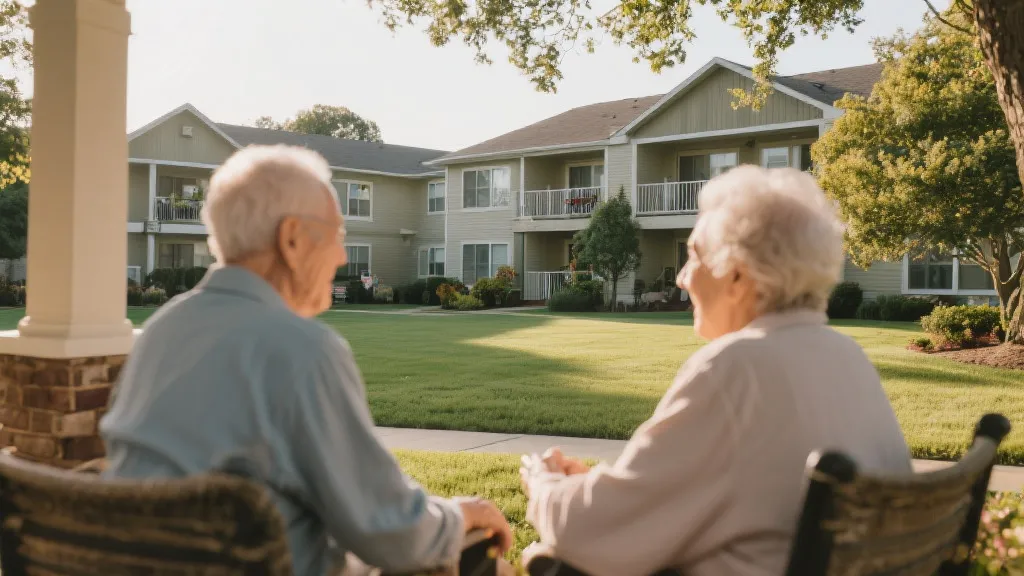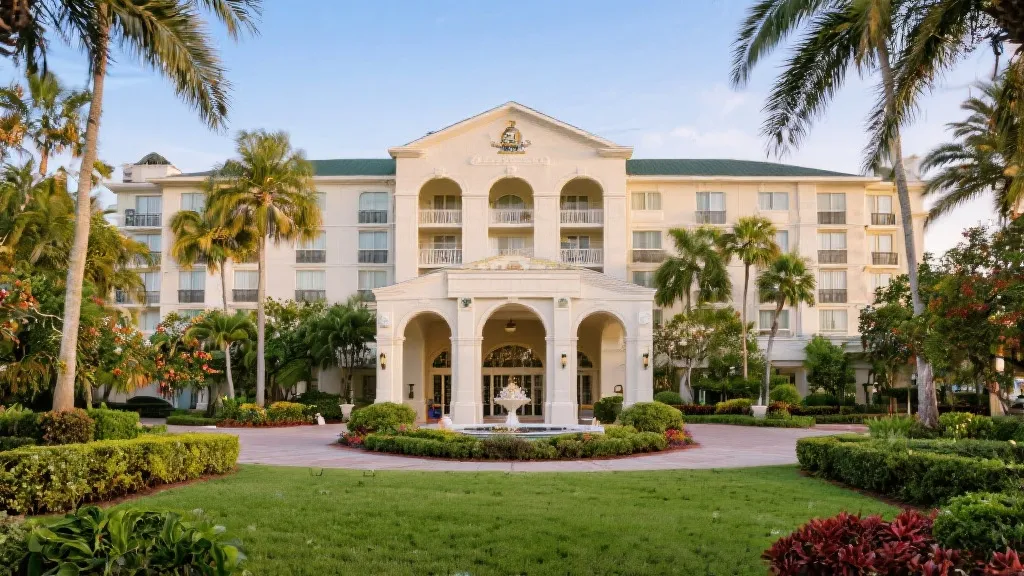Finding affordable senior apartments can be a challenge. Here are some valuable tips and advice to help seniors secure comfortable and budget-friendly living options.

As seniors age, finding affordable, safe, and comfortable housing becomes a top priority. Senior apartments are an ideal option for older adults seeking independent living or specialized care in a community setting. However, the challenge lies in finding affordable options that offer the right amenities, location, and support. This comprehensive guide will walk you through the process of finding affordable senior apartments, including where to look, how to evaluate different communities, and tips for reducing costs.
Senior apartments come in various forms, each designed to cater to specific needs and budgets. Understanding the differences will help you narrow down your options.
These are designed for seniors who are relatively independent and do not require assistance with daily activities. Independent living apartments typically offer community amenities such as dining services, transportation, and social activities, making them an excellent choice for seniors who want to maintain an active lifestyle.
Assisted living is ideal for seniors who need help with daily tasks such as bathing, dressing, or medication management but do not require constant medical care. These communities offer more hands-on assistance, with services like housekeeping, meals, and personal care.
Memory care is specialized housing for seniors with Alzheimer’s or other forms of dementia. These facilities offer higher levels of supervision and safety features, such as secure environments and round-the-clock staff support.
Subsidized senior housing is designed for low-income seniors. It’s public sector-funded and aims to provide affordable options for seniors who may not have the financial resources for private senior housing.
Finding affordable senior apartments requires exploring various resources and avenues. Here are some of the best places to start your search:
Various federal, state, and local public sector programs provide financial assistance or low-cost housing options for seniors.
Nonprofits often offer affordable housing for seniors, providing both independent and assisted living options.
Many websites specialize in listing senior apartments, making it easy to filter options based on your location, budget, and needs. Some reputable sites include:
Local senior centers and Area Agencies on Aging (AAAs) can be valuable resources for finding affordable senior apartments. These agencies often have partnerships with housing providers and can offer assistance with applications, financial aid, and local housing options.
Once you’ve identified potential senior apartments, it’s important to evaluate them to ensure they meet your needs and budget. Here are key factors to consider when evaluating senior housing:
While affordability is a top priority, it’s essential to consider all associated costs when comparing apartments. Keep in mind that many facilities have additional fees for services such as meals, transportation, and medical assistance.
Location is a key factor in the overall affordability and accessibility of a senior apartment. Consider the following when evaluating the location:
Safety should always be a priority in any senior apartment. Look for apartments that provide:
Amenities can make life easier and more enjoyable. Depending on your needs, consider the following:
Even when you find an affordable senior apartment, there are still ways to reduce costs further. Here are some tips for saving money:
Finding affordable senior apartments requires careful research, planning, and an understanding of the available options. By exploring public sector programs, nonprofit resources, and online directories, you can discover a variety of housing options that fit your budget. Always take the time to evaluate each apartment based on your needs, financial situation, and personal preferences to ensure you find the right place to call home. With the right approach, you can secure a comfortable, affordable living arrangement that supports your independence and well-being for years to come.
Understanding Sme Neobank Impact

Exploring Webbank and Its Competitors

Discover Westminster Plaza Orlando

Discover Heartis Eagle Mountain Elegance

Westminster Plaza Orlando: A Comprehensive Guide

Transforming Banking with Sme Neobank

Discovering Westminster Plaza Orlando

Discovering Westminster Plaza Orlando

Life Insurance for Seniors: Maximizing Coverage and Benefits
